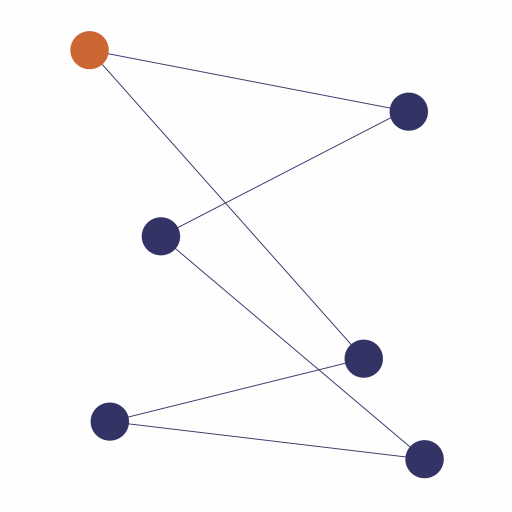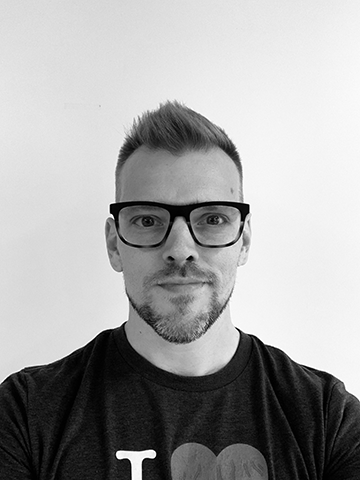ABout lims
What We Do
The Laban/Bartenieff Institute of Movement Studies
The Laban/Bartenieff Institute of Movement Studies, LIMS® is a non-profit educational organization, centered in New York City, with a global network of movement professionals. As an accredited school of higher education, research center, and cultural arts institution, we have been training movement observers, teachers, and coaches for forty years.
We believe and teach that everyone should be able to fully experience and understand movement as our life force, and that it is every human being’s first and foundational language. Our goal is to educate people from all walks of life in the language of movement, by providing quality services and programs that enhance the awareness of how movement guides all our lives. We teach, study, and create in order to help people live more embodied, vital and rich lives.
We understand that people are the real wealth of nations, at the center of social, political, and economic development. We use our work to build human capacities for adaptability, virtuosity, connection, communication to unleash potential, increase choices and enjoy the freedom to lead lives of personal value.
From a systemic and integrative perspective, involving whole body movement, gesture, speech, facial expressions, and the Laban aspects of Body, Effort, Space, and Shape, etc. as the unifying force of being alive and present in the moment, the institute faculty and staff have created a multicultural learning environment in which people can develop their full potential to lead productive, creative lives in accord with their needs and interests.
Our international network includes over 1000 Certified Movement Analysts (CMAs) who apply the movement analysis work in a diverse and ever-changing world, making a difference in the way people perform, communicate, observe, learn, and negotiate. We are proud of the impact our graduates have on fields as diverse as health care, the performing arts, sports, education, diplomacy, leadership studies, and communications.
From research on how children learn in the classroom to observation of and commentary on political candidates, from a neurophysiology-based movement program for people with Parkinson’s to movement-based interventions with women in remote villages, from conflict resolution to motion-capture projects, CMAs are making a profound difference globally.











